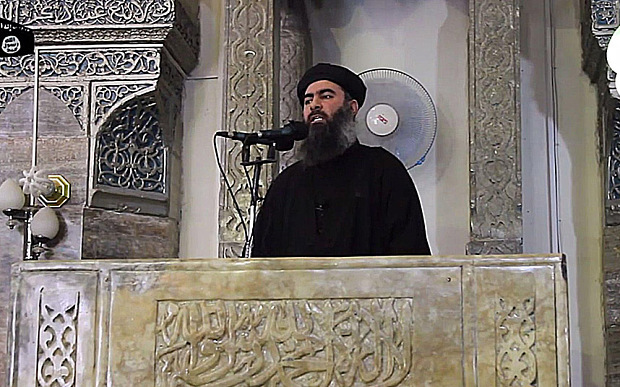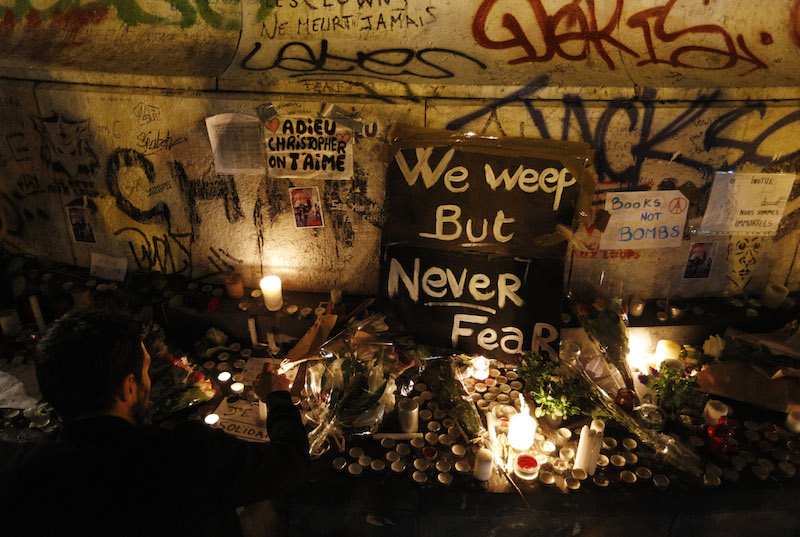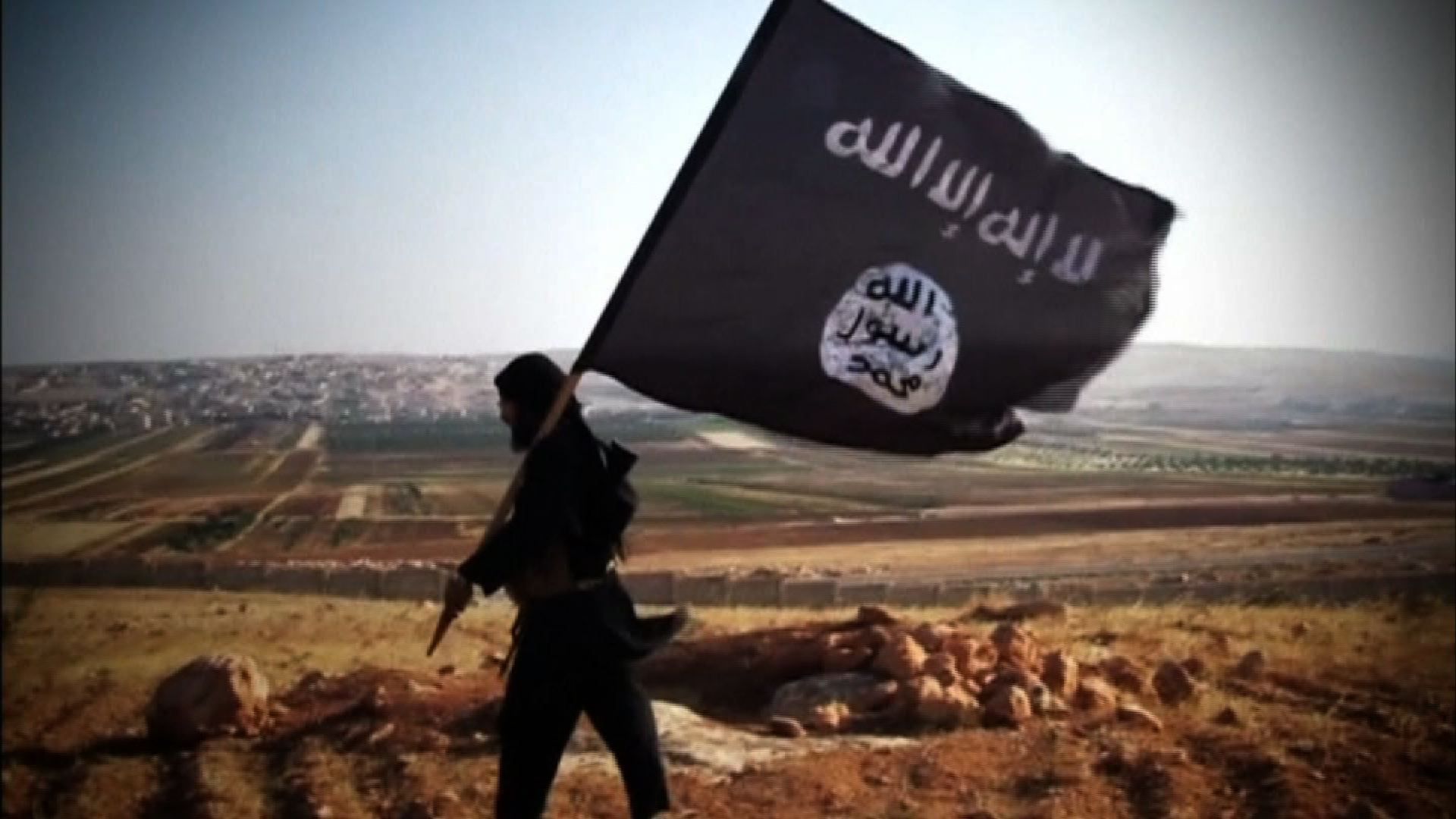The Islamic State in Iraq and Syria (ISIS) is an international terror threat and a global pariah – that much is known. But what motivates the devoted and inspired cast that plays the role of the death cult that has become a household name in our magazines and news outlets? The cast of such a death cult holds a facade of Islam, but is that their true provocation for the incitement of chaos?
The majority of the Muslim world has reached a general consensus that yes, the self-proclaimed “Islamic” state, as well as many other extremist Islamic groups display – at best – a perverted form of the faith millions have come to follow. And yet, it still has not become truly clear to me why anyone would risk their life for a cause that has shown itself time and time again to be false.
Is it the drive of faith? Or the cruelty of circumstance?
THE ISLAMIC ARGUMENT

To begin to answer this question, I must first dispel any existing preconceptions that the Islamic State in Iraq and Syria (ISIS) or any other extremist Islamic group affiliated with them is – in essence – Islamic.
In his article “What ISIS really wants,” Graeme Wood argues that the religion practiced by the group’s followers “derives from coherent and even learned interpretations of Islam.”
Bernard Haykel, a Princeton scholar whom Wood interviewed, even went so far as to claim that Muslims who reject ISIS’ interpretation of Islam are “embarrassed…with a cotton candy view of their own religion.”
Such claims, which bear the guise of wisdom, neglect to consult actual Muslim scholars. If the various condemnations from an assortment of prominent Muslim figures such as the Grand Muftis of Egypt and Saudi Arabia aren’t enough to clarify Muslims’ view of the terrorist organization, then I urge you to consult the 18-page open letter, co-signed by upwards of 120 Islamic scholars, directed to Abu Bakr Baghdadi (the leader of ISIS) containing what has been described as a technical point-by-point criticism of ISIS’ so-called Islamic ideology.
SOCIO-ECONOMIC, IDEOLOGICAL OR BOTH?

Now that we’ve ruled out the Islamic argument, it’s important not to simply write off ISIS recruits as psychopaths or adrenaline junkies. Take the brothers who engineered the 2015 Paris attacks that shook the world. The two brothers – Brahem and Saleh – who orchestrated the attacks in Paris were described by friends as “nice people.” Saleh was even referred to as somewhat of a “ladies’ man.”
It becomes clear that the these two people – when observed through the lens of the people who knew them – were once reasonable characters. A few months later, Brahem blew himself up in a café in Paris and Saleh was on the run after playing a role in the attacks.
What could drive these two otherwise reasonable characters to commit acts so atrocious? To what can we attribute the radicalization of individuals of sound mind and body?
To these equally valid and perplexing questions, I believe we can attempt to find an answer in people’s socio-economic circumstances and/or the drive that a religion or ideology can inspire. Socio-economic instability has plagued the people of Iraq and Syria since the occupation and brutal civil war that shook the Middle East. That much is known.
From next to non-existent infrastructure to suicide bombings and drone strikes every other day, the people in these countries are suffering. The Islamic State would not be as successful as it is today if not for the toppling of Iraq’s former government; they were given the groundwork for their highly successful extremist organization in the form of former Baathists who were out of jobs in the wake of the aforementioned occupation. From this perspective, ISIS would have had no standing if not for the socio-economic circumstance that has been the fog in the countries in which the Islamic State thrives.

Let us look at the social aspect of the socio-economic spectrum. ISIS also gains many of its new supporters by preying on those who feel out of place and marginalized in their respective societies. Mubin Shaikh, the son of Indian immigrants to Canada, remembers feeling as if he “had become a stranger in my own land, my own home.” He became motivated to fight because “[Islamic extremism] felt like the right thing to do.”
Mubin’s case was not unique; it mirrors the paths of Dzhokhar and Tamerlan Tsarnaev – the infamous Boston Marathon bombers. These once reasonable people were driven to terrorism because they simply felt alienated in their own society and sought inclusion in another society – one more desperate and dangerous.
But let’s not forget the ideology that captivated the aforementioned individuals and compelled them to commit these transgressions against humanity. Being alienated in one’s community is hardly enough to drive someone to take a life; he must be goaded by some allured ideology, a place in a secret society – in this case the Islamic State. Abroad, this can be done via the Internet; within Internet chat rooms, extremists are given the means to prey on the social weaknesses of others.
It can be seen that the Islamic State can accommodate many who suffer from difficult socio-economic conditions and, while accommodating them, imbue them with a zealous extremist ideology that compels them to commit acts of terrorism.
Thus, it is my conclusion that it is neither circumstance nor faith alone that compels one towards becoming a “terrorist” but rather a sickly fusion of both that – in the right conditions – can drive any person towards extremist groups such as ISIS.
Therefore, one can conclude that the greatest weapon of any terrorist organization – not ISIS alone – is no bomb or weapon through which they can take the lives of innocents but rather an ideology or message that can claim a grasp on the mind so tight, it can take the souls of innocents.
After all, the pen is mightier than the sword and it appears our control of the pen has wavered.







Comments (0)